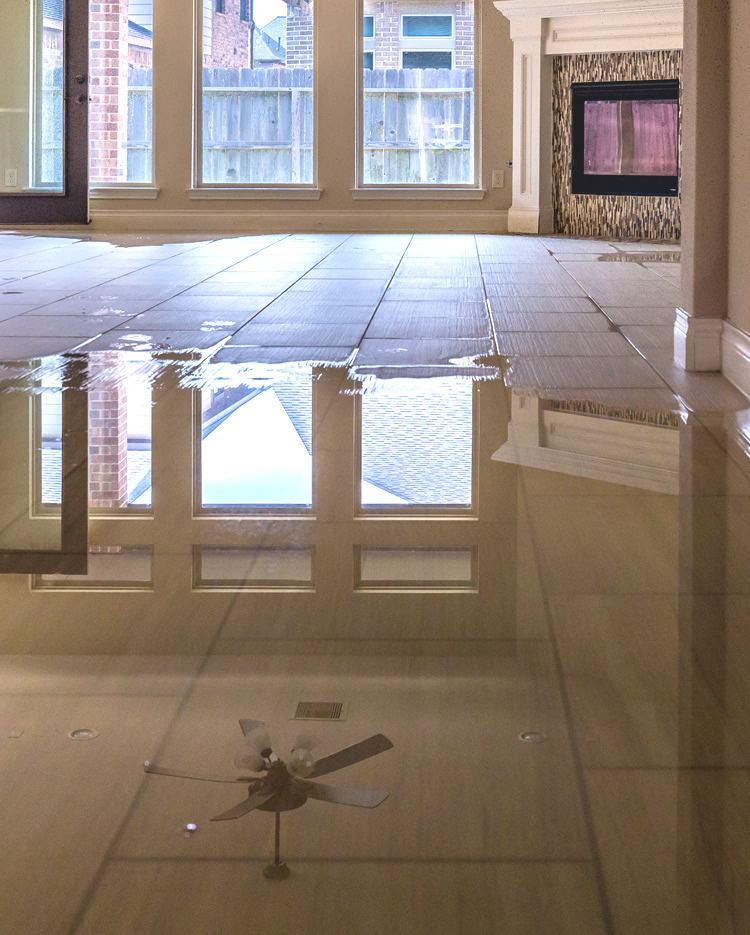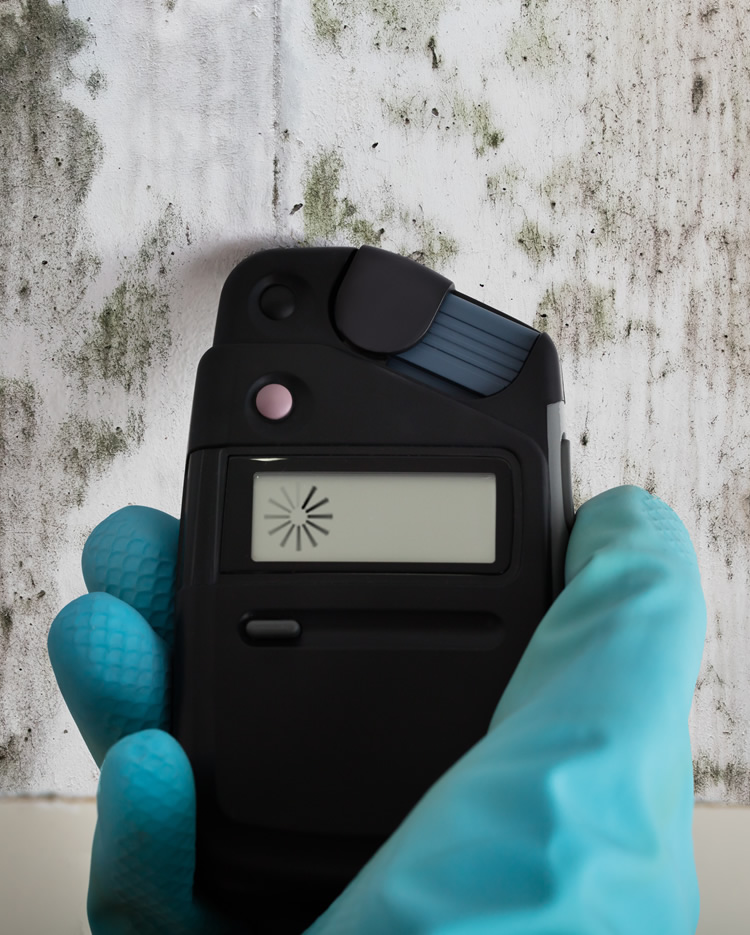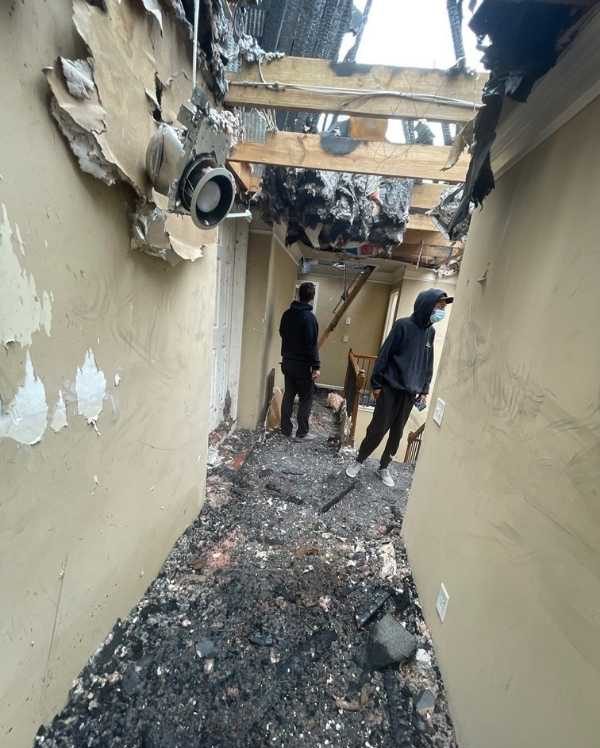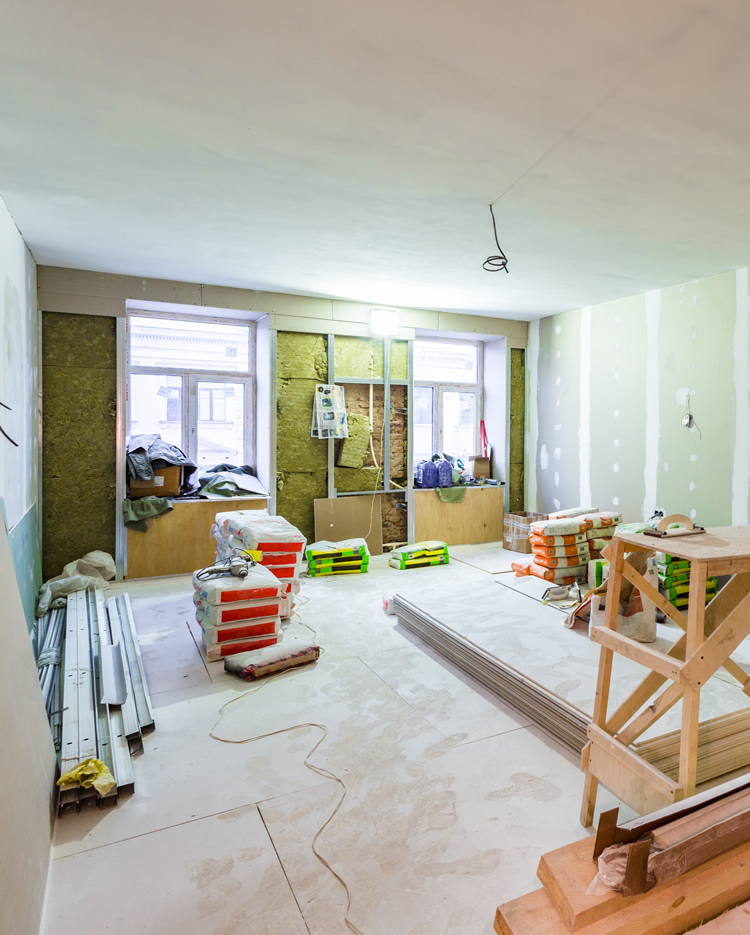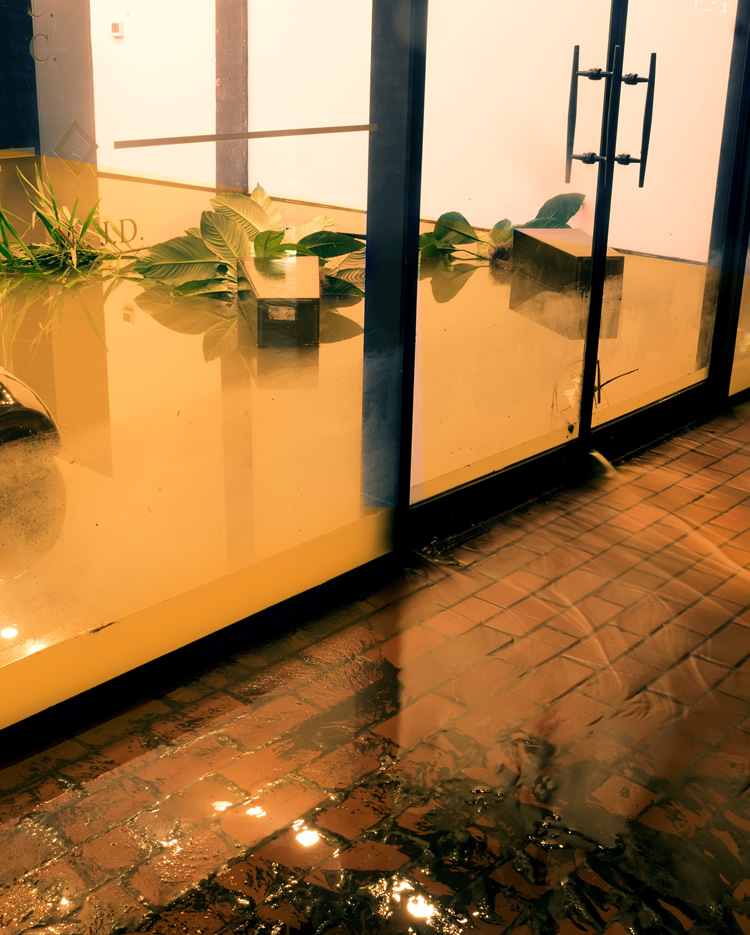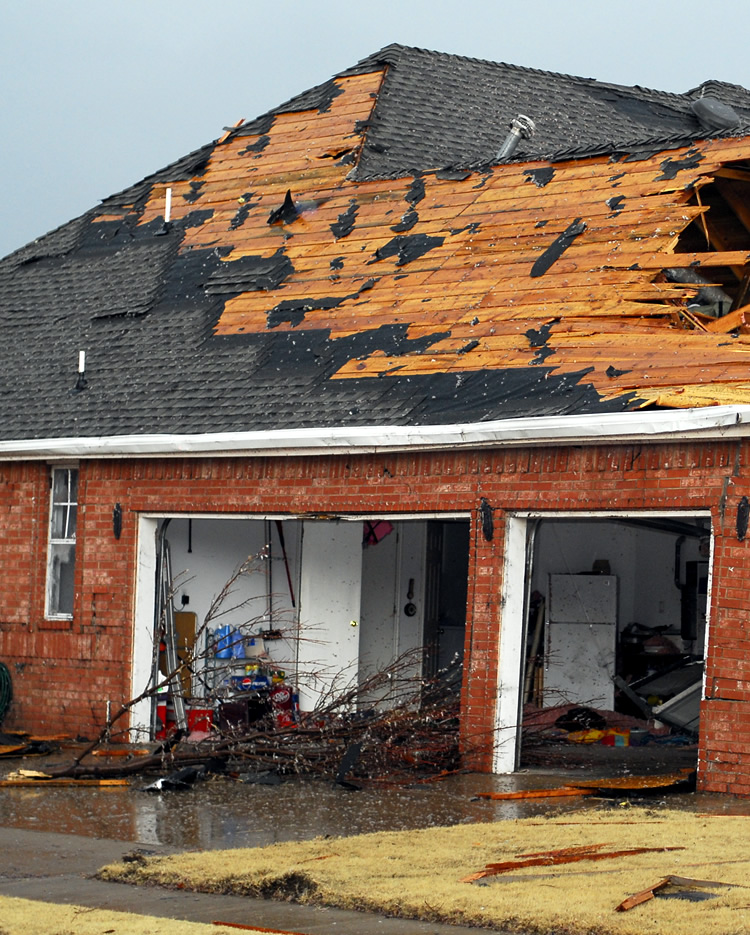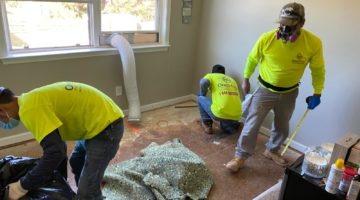Blog post
Water Damage in Basement – All You Need to Know. Costs, Tips and more
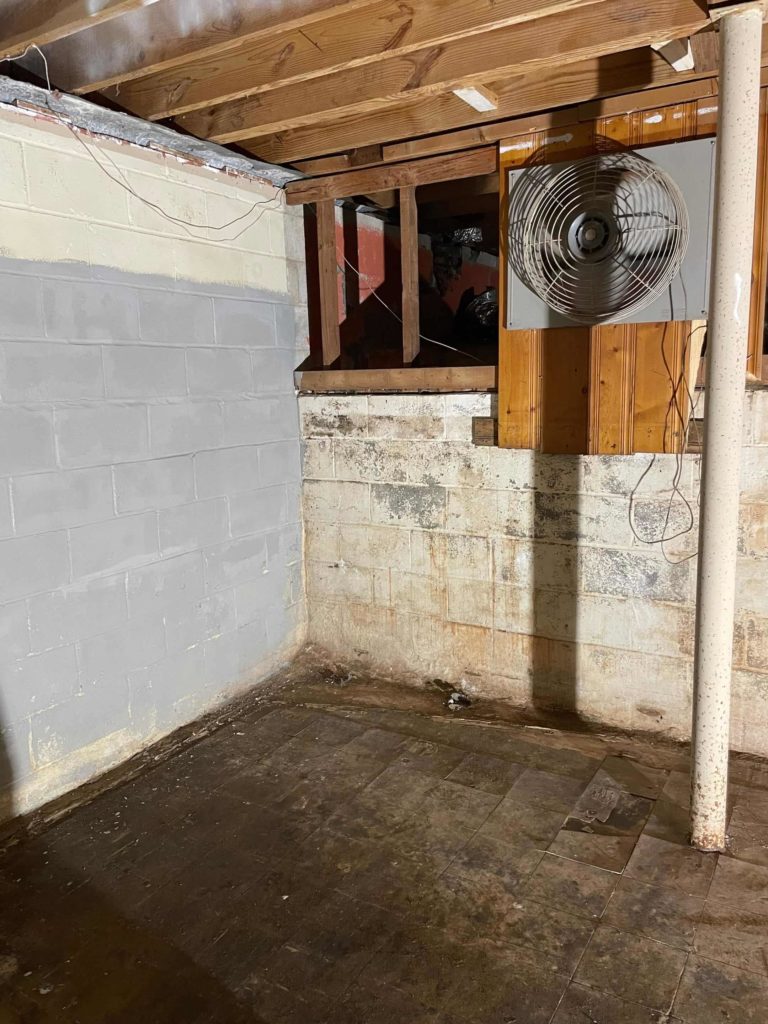
Water damage or leakage in your basement can spell out trouble in a number of ways. Not only can it threaten the items that you store in your basement, but it can also raise your risk of mold and structural issues with your home’s foundation.
That’s why if you see water damage in your basement you should act right away. Luckily, One Stop Restoration in Atlanta is here to help you fix any leaks and cracks in your basement.
But even if you don’t see visible signs of damage, that doesn’t mean you should ignore this potential problem. All homeowners should protect their basement against water damage so that they, hopefully, never have to call us in the first place! Here are some tips that can prevent you from dealing with water damage in your basement.
Our team of professionals gathered some useful information to help you prevent water damage.
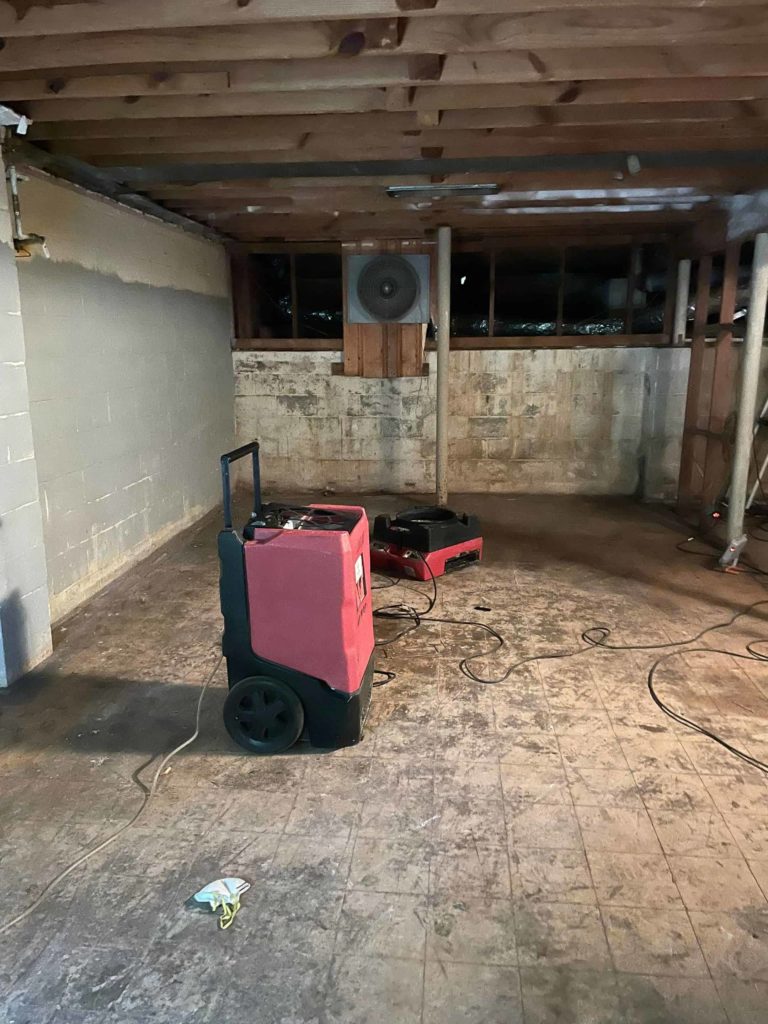
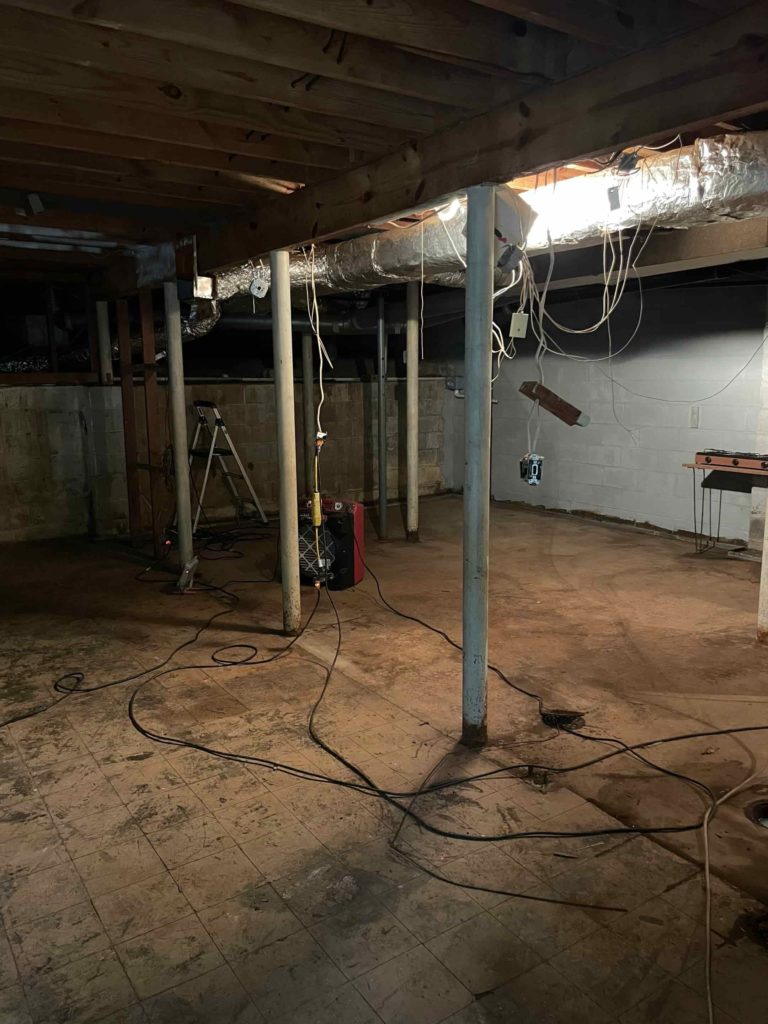
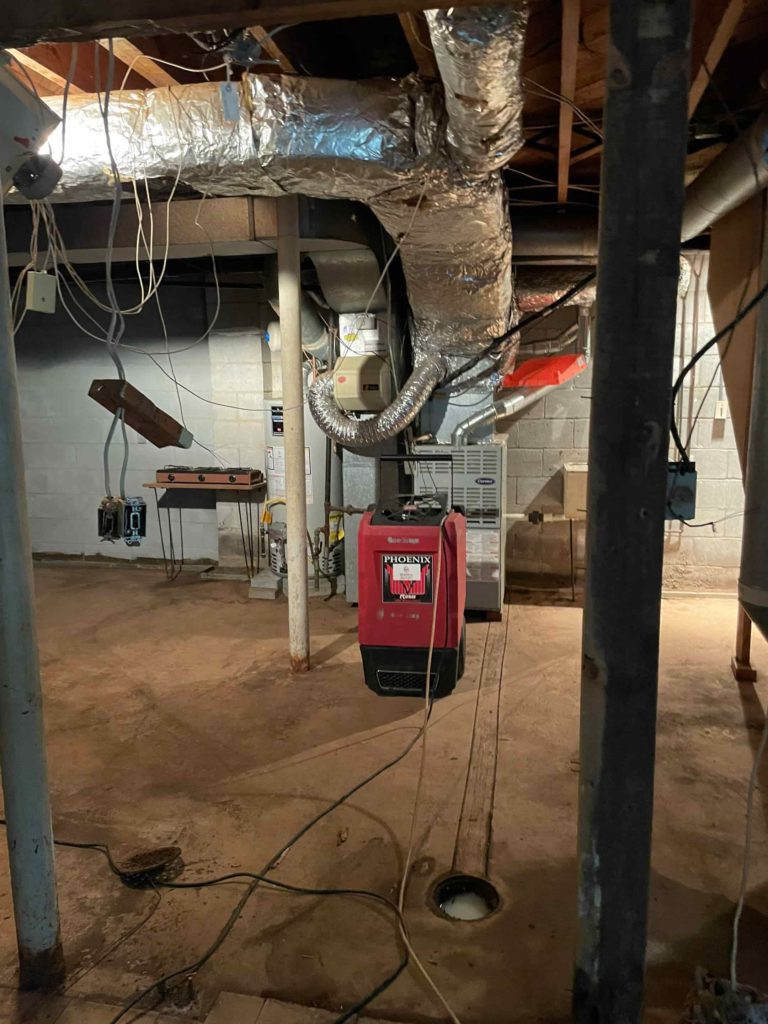
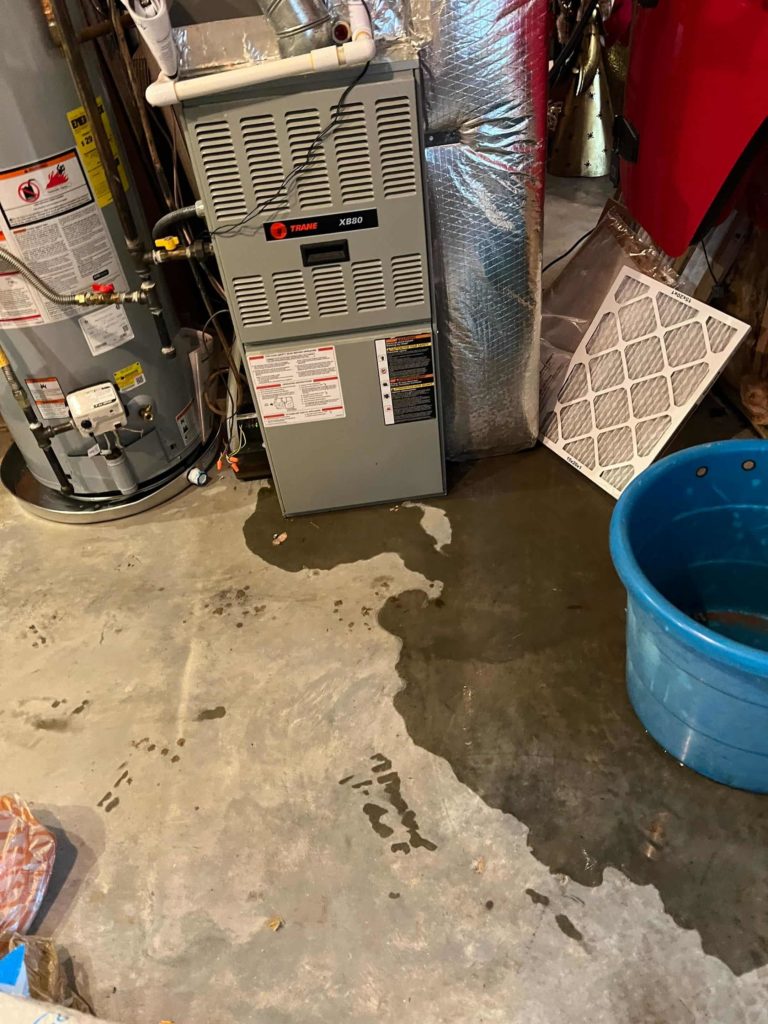
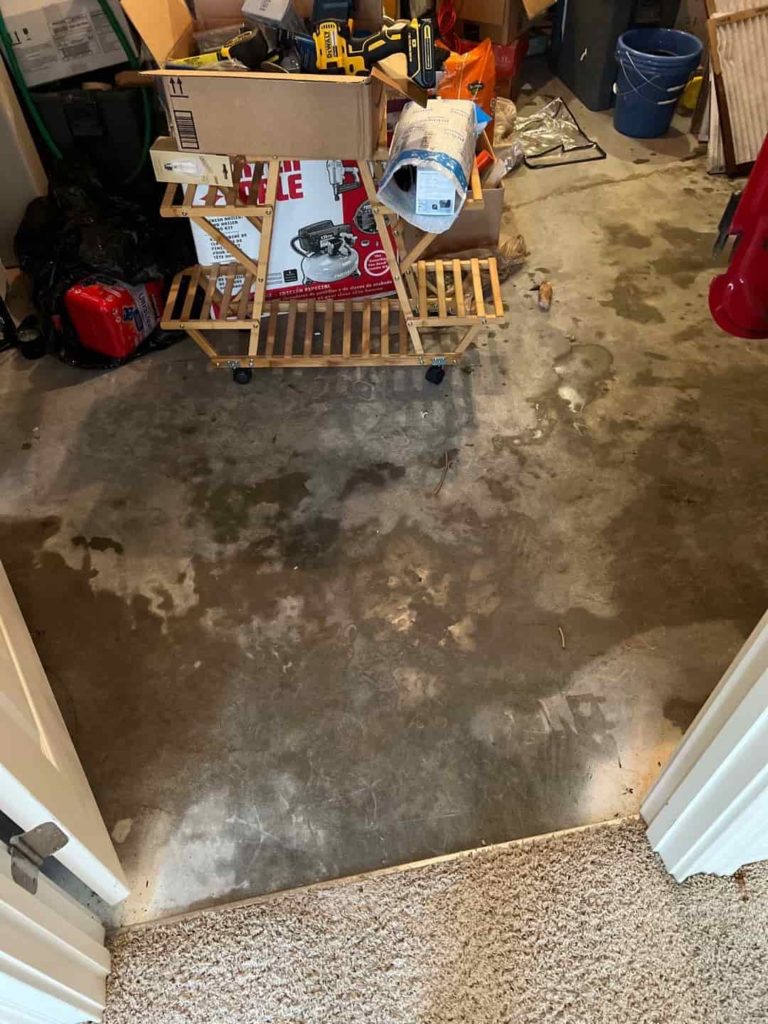
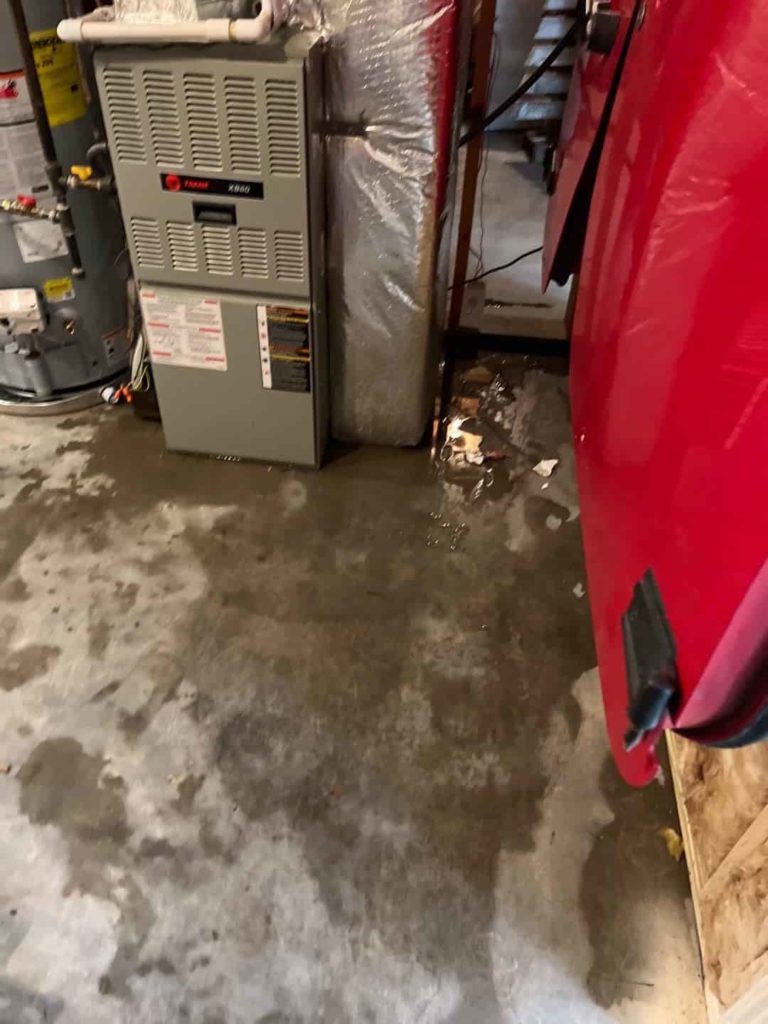
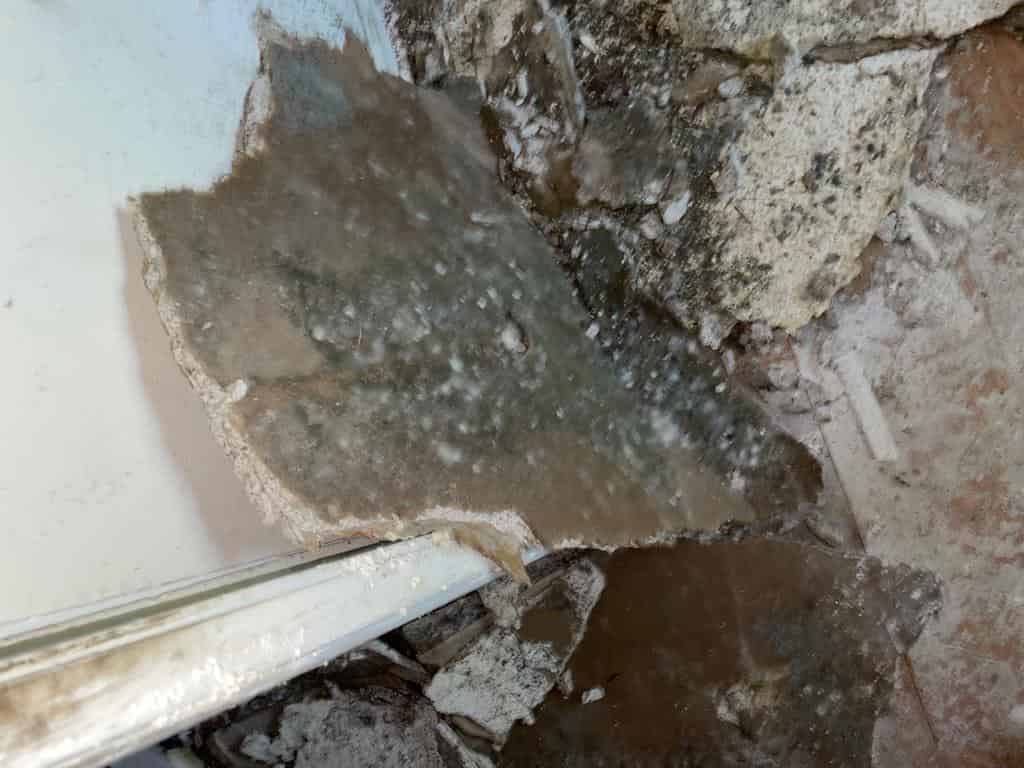
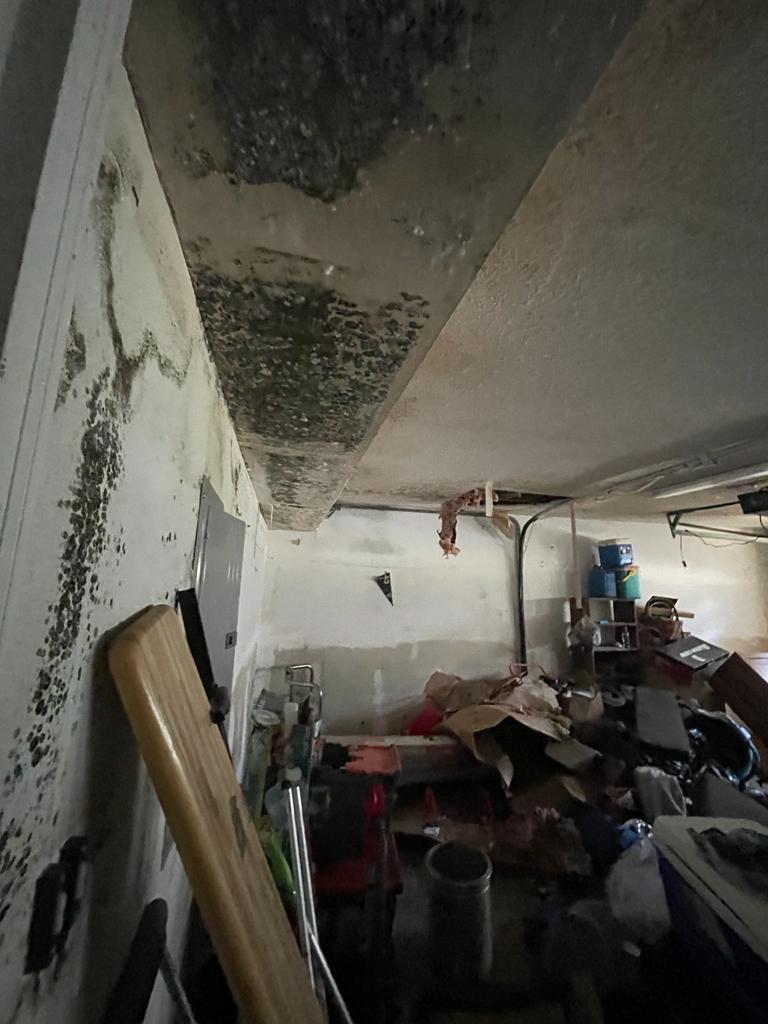
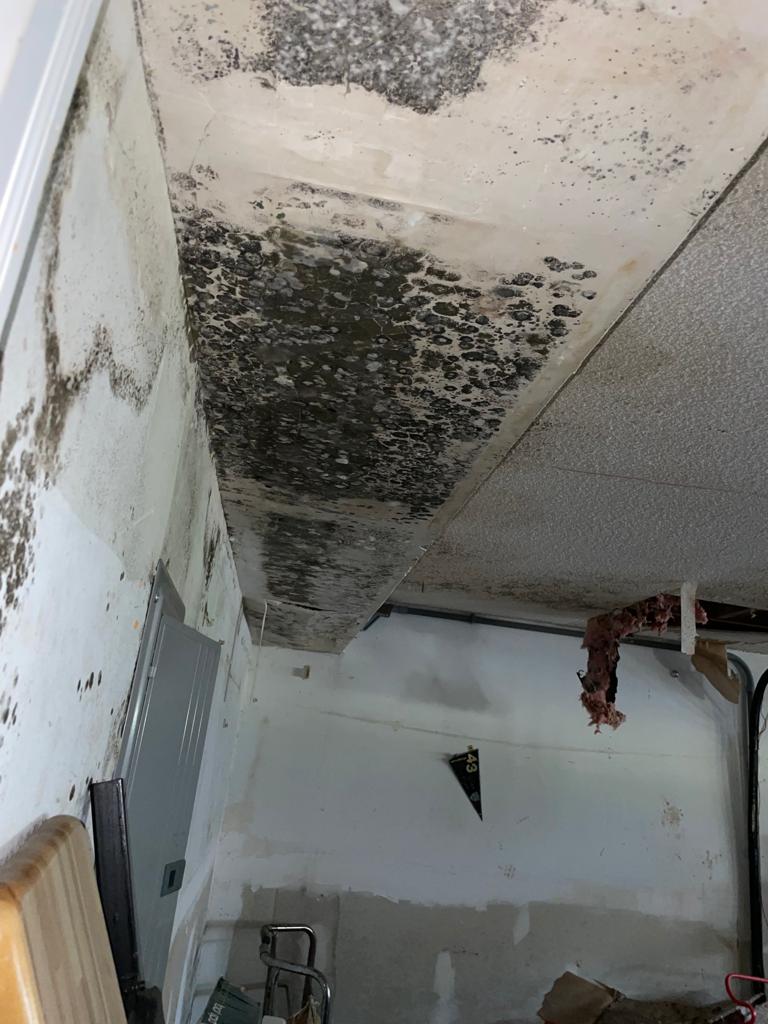
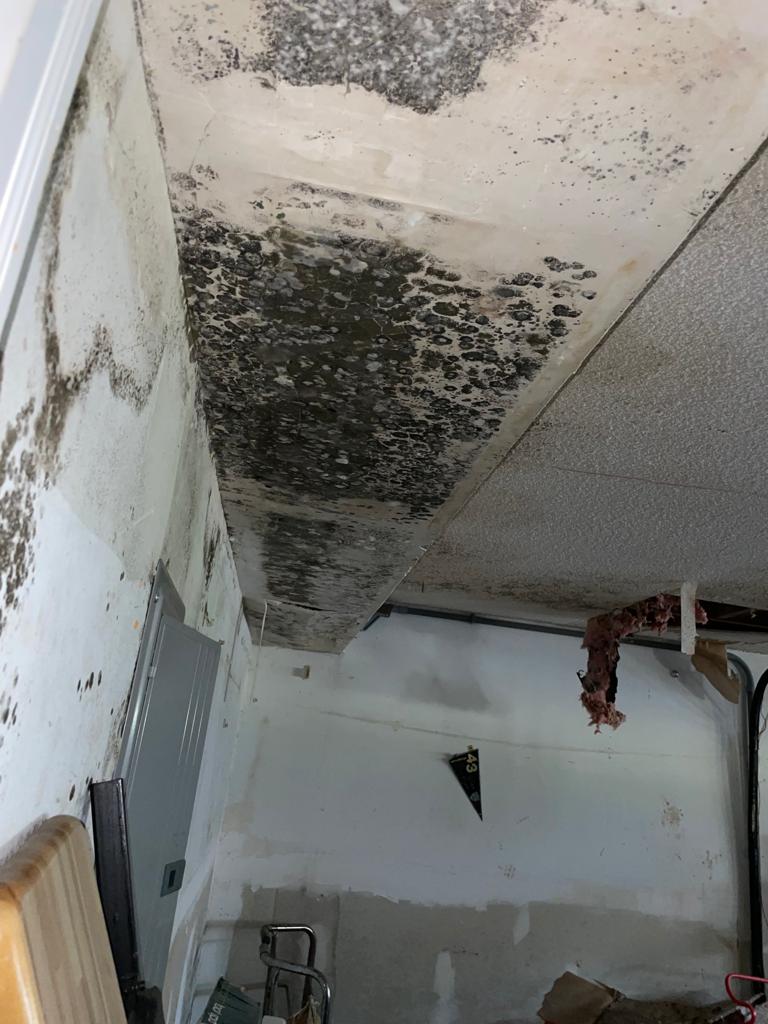
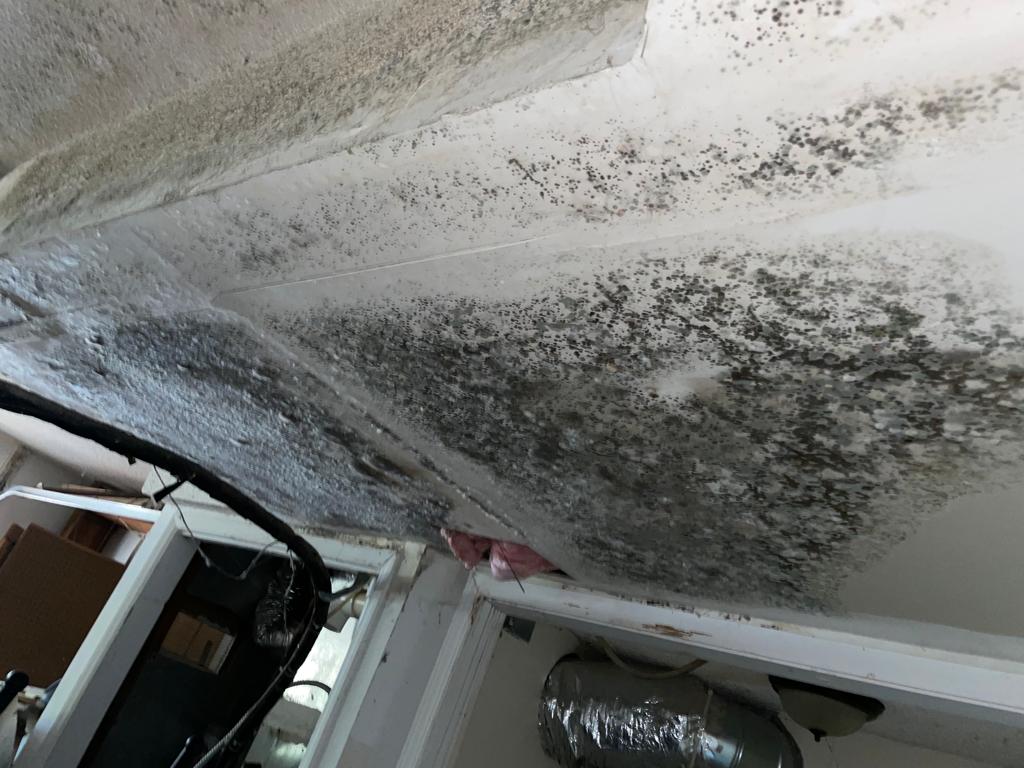
Check, clean, and/or upgrade your sump pump
A sump pump is one of the most important devices to protect your basement from water damage. A high-functioning sump pump is important for everyday water seepage as well as more serious cases like storms and floods. So, you want to make sure it’s always in good working condition. Here’s how to do that:
- Cycle the pump regularly to ensure it’s working. The best time to prepare for a weather emergency is ahead of time. And you can do so by checking that your sump pump will be activated if water starts to pool in your basement drainage system. You can do this by simply removing the lid of your sump pump and lifting the sensor. If the pump activates, your sump pump is working. Alternatively, you can pour water into the sump barrel. You should do this about three to four times per year, or at the beginning of each season.
- Check and replace any damaged parts. Your sump pump will have piping and wiring that can degrade over time. So, take a look at the different components and replace anything that looks old or cracked. Need help? One Stop Restoration offer on site free estimates in Atlanta. GA metro area including surrounding areas.
- Clean out your pump as needed. Debris can sometimes collect in the sump barrel and impact the efficiency of the system. If that’s the case, you’ll need to remove it.
- Consider investing in a battery-powered backup. Battery backups are important for sump pumps because they allow the system to continue functioning even in the case of a power outage. Typically a sump pump is installed with a backup system in place, but if not, you may want to add it on now. This can be done with the help of a professional or you can order a DIY system and install it yourself.
- Replace your sump pump at least every seven years. The rule of thumb is that sump pumps should be replaced at least every seven years. If you notice that your sump pump makes odd noises, doesn’t drain quickly, activates at irregular times, or simply doesn’t work properly, you’ll want to have it repaired or replaced.
Remember that the best time to care for your sump pump is right now. You’ll be glad that you didn’t put off making upgrades or repairs when an unexpected water emergency happens.
One Stop Restoration can help you prevent water damage before it happens. Call us in Atlanta today for a free estimate!
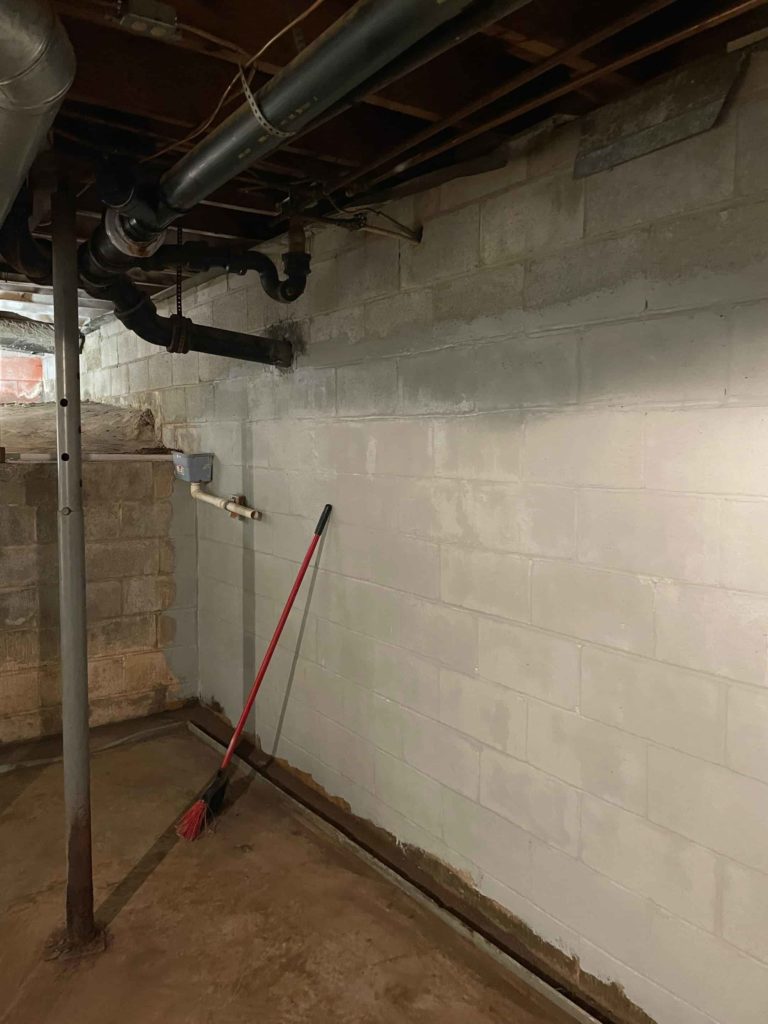
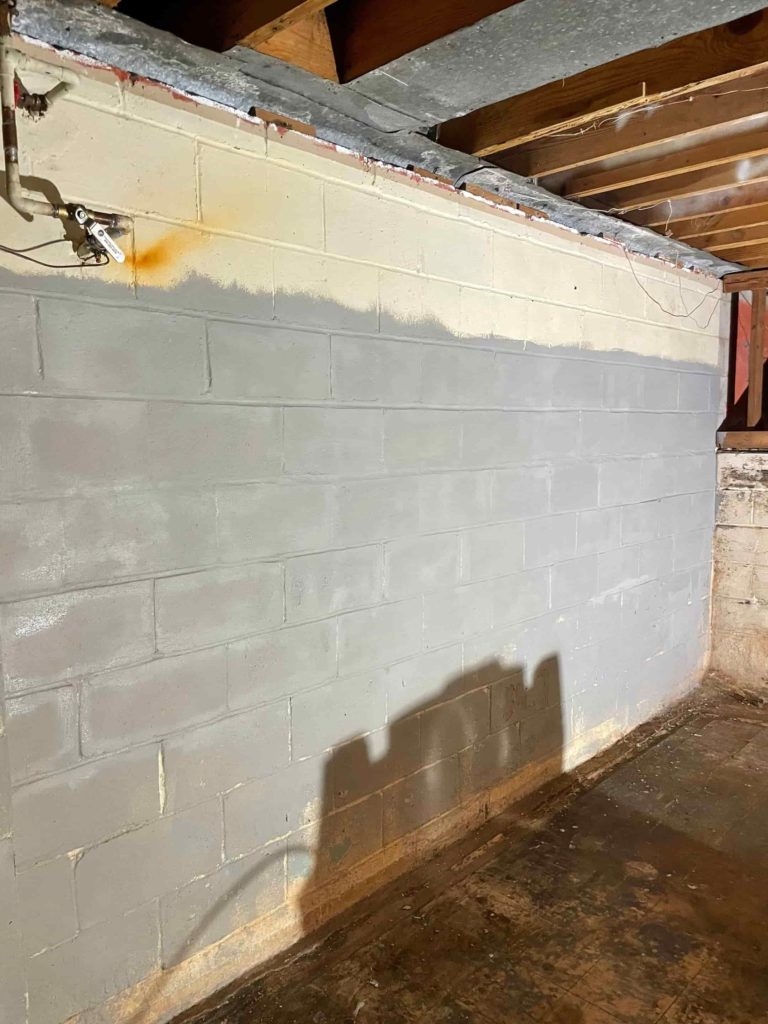
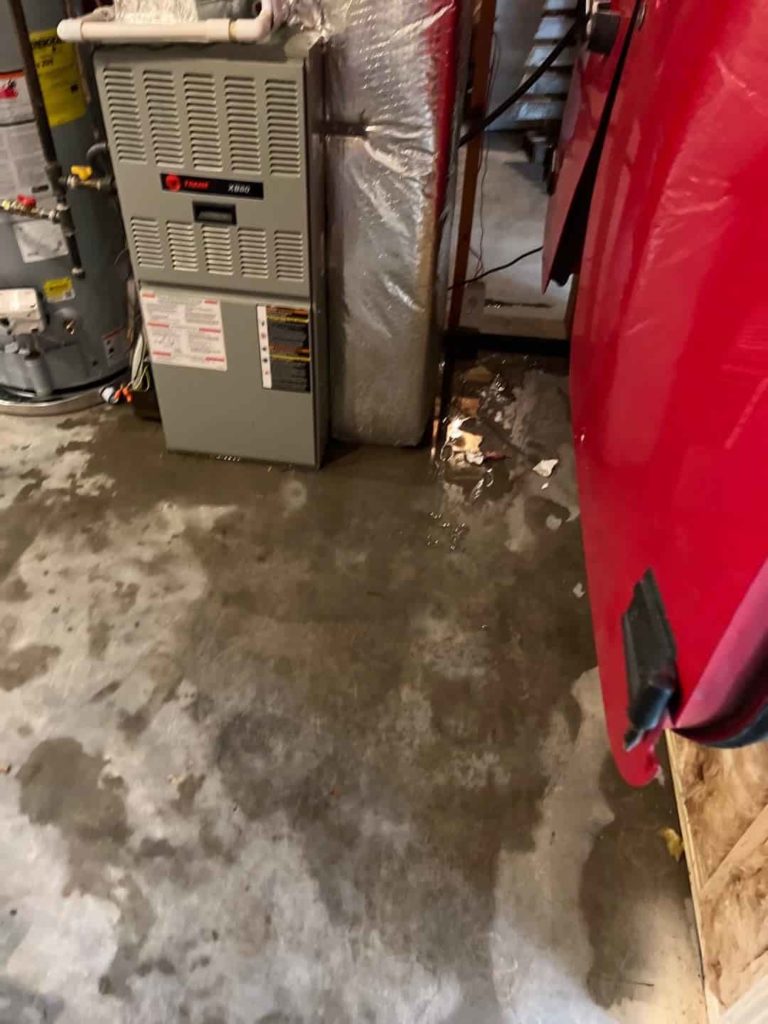
Use strategic landscaping to keep water away from the home
One of the best ways that you can protect your basement against water damage is to keep water out from the start. You can use a variety of landscaping techniques to do this, including:
- A sloping perimeter around the exterior of your home. In an area that gets a good amount of rain, like we do here in Atlanta, you never want your yard to be completely level around the perimeter of your property. Instead, you want to create a slight slope around all exterior walls of your home to encourage rainfall to drain away from, rather than towards, your basement. Exactly how much slope your home will need can vary from case to case, but you can aim for about 6 inches of slope within a ten foot perimeter of your home’s exterior wall.
- Draining rocks. Rocks can be a useful landscaping tool to encourage proper drainage. The good news is that they can also improve the aesthetic of your landscaping.
- Consider installing a french drain. A french drain is a trench that runs around the perimeter of your home with a plastic corrugated drain pipe running through it. The pipe is surrounded by gravel to hold it in place and ensure proper drainage.
- Keep soil from separating from the wall. Sometimes what can happen is that the soil in your yard pulls away from the exterior wall of your house. This essentially creates a crack where water will naturally run down to your basement wall. Instead of filling the crack with more soil, which will simply become packed and put pressure on the wall, it’s best to ensure that the soil doesn’t separate in the first place. This may be done by replacing the soil and properly watering it so that it doesn’t harden and pull away from the wall.
Something to keep in mind is that this management will need to be re-done periodically. This is because, over time, the soil around your home may naturally sink.
One Stop Restoration can help you evaluate your current setup and give you tips to help you prevent water damage to your basement from your garden.
Take a look at the sump pump discharge and downspouts
At the same time that you’re upgrading your landscaping, it’s a good idea to take a look at your sump pump discharge and gutter downspouts. These water run-offs should be strategically placed to prevent water from pooling around the outside of your home or draining back towards your home.
In order to do this, you’ll need an extended drain pipe that will run from your sump pump discharge and gutter downspouts to a safe area. The drain pipe will be installed beneath your lawn so that it’s not visible or prone to damage.
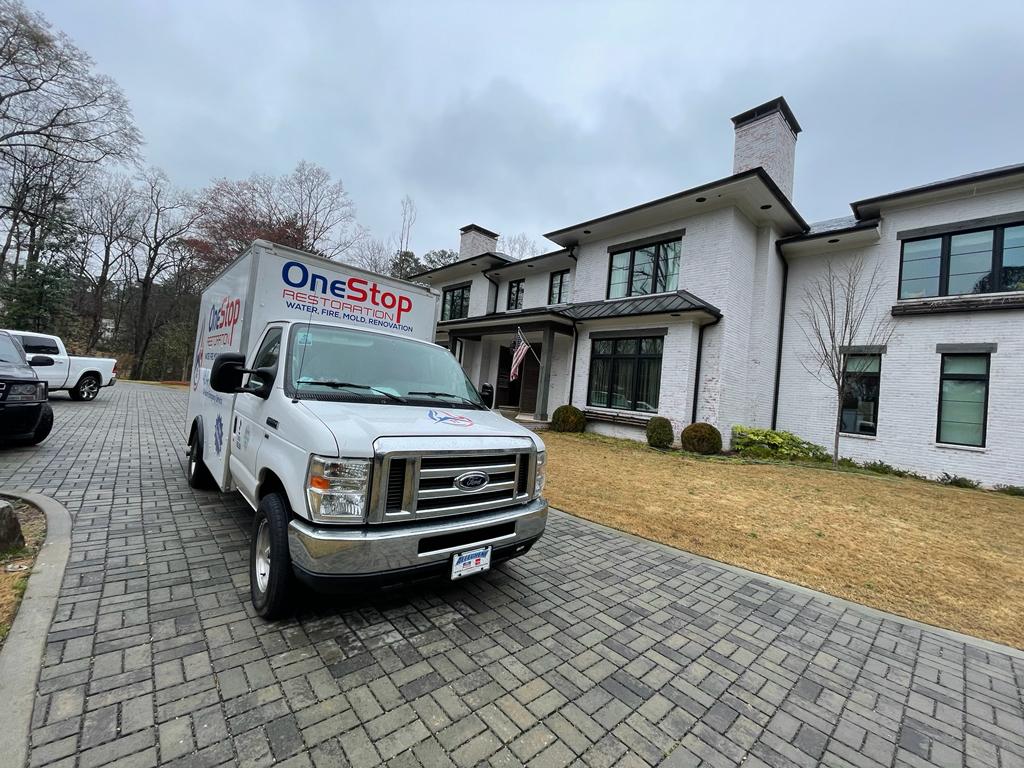
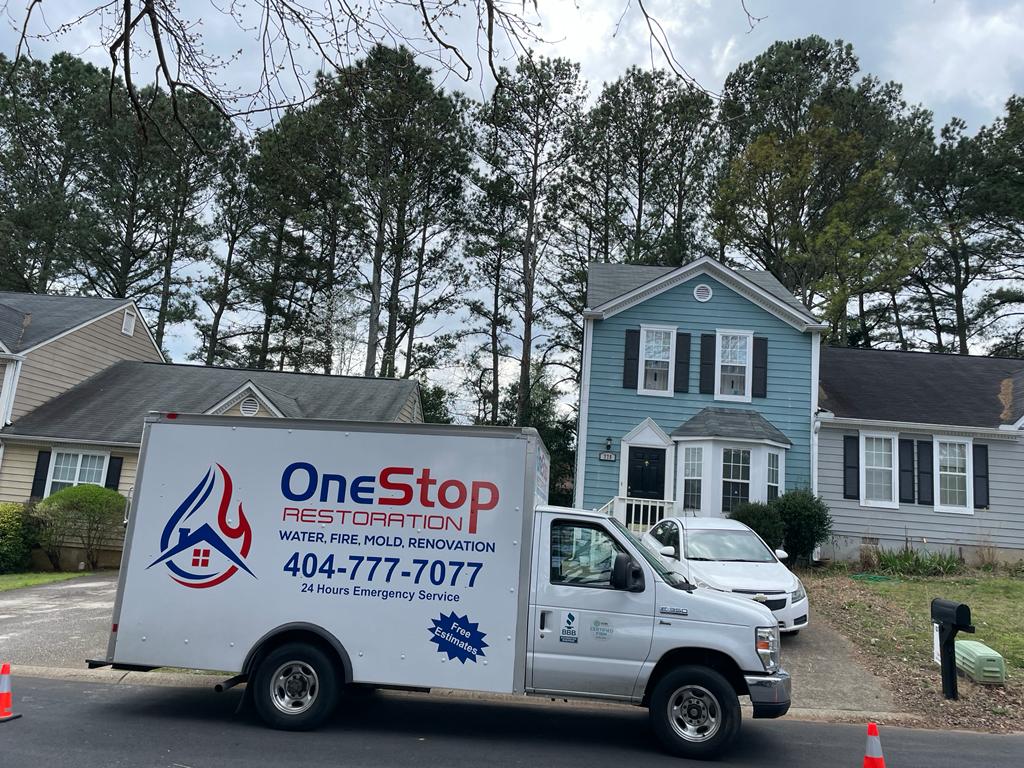
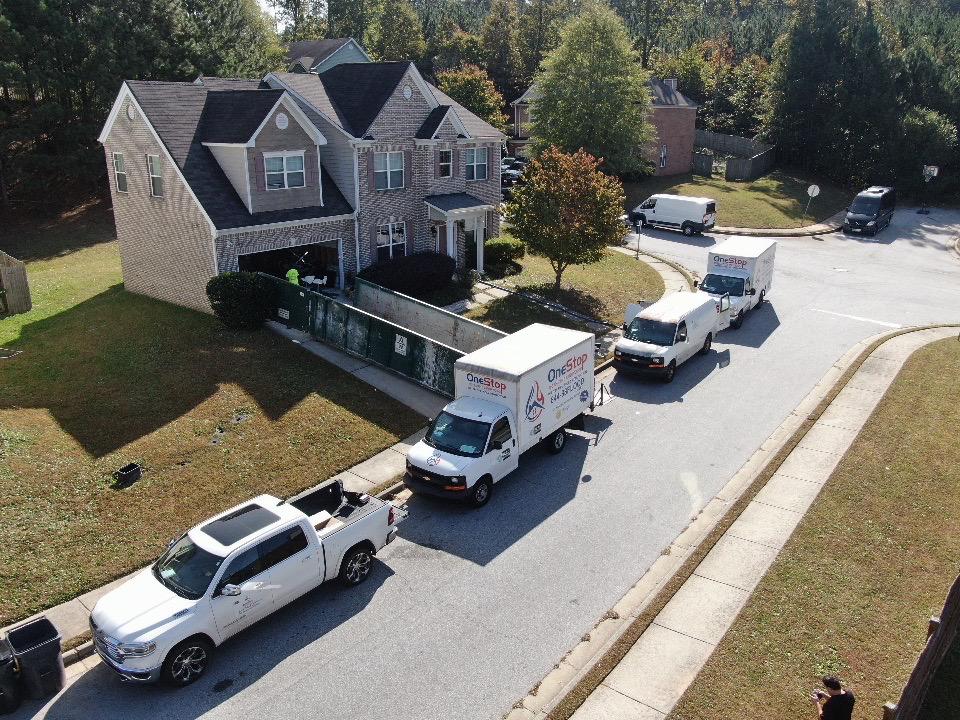
Keep your gutters clean
A good drain pipe for your downspouts doesn’t help you unless your gutters allow for fast, smooth drainage. And, if your gutters get clogged, rainwater can overflow directly onto the siding and then the basement of your house. That’s why it is so important to clean your gutters, or, better yet, have them professionally cleaned.
How often you should clean your gutters will depend on a few things:
- The time of year. You might have heard the advice to have your gutters cleaned twice a year: once in spring and once in autumn. But, the truth is, your climate may require a different schedule. In many places, for instance, late summer and autumn may require more than one cleaning, especially if you’ve been experiencing more frequent storms or wind.
- Your landscaping. A home or neighborhood with many trees will need more frequent gutter cleaning than one with less. You might also find that the kind of trees surrounding your home matter, with deciduous trees creating more debris than pine trees.
- Whether you have gutter guards. We should note that gutter guards don’t mean that you never have to clean your gutters. Even with guards, you’ll need to ensure that there is proper drainage. But, you might find that you need fewer gutter cleanings than without them.
The best way to know whether your gutters need cleaning is to check them. If you notice debris collecting in your gutters, or you think that your downspout is not draining sufficiently, it’s probably time to clean those gutters out.
Install window wells and window well coverings
Window wells are often installed around basement windows in order to keep the window clear and provide a safe exit route in the case of an emergency. When installed properly, they can prevent water from coming into your basement.
Window well covers are also important for safety and water damage prevention. These should be installed professionally to ensure that the window well cover is durable and waterproof.
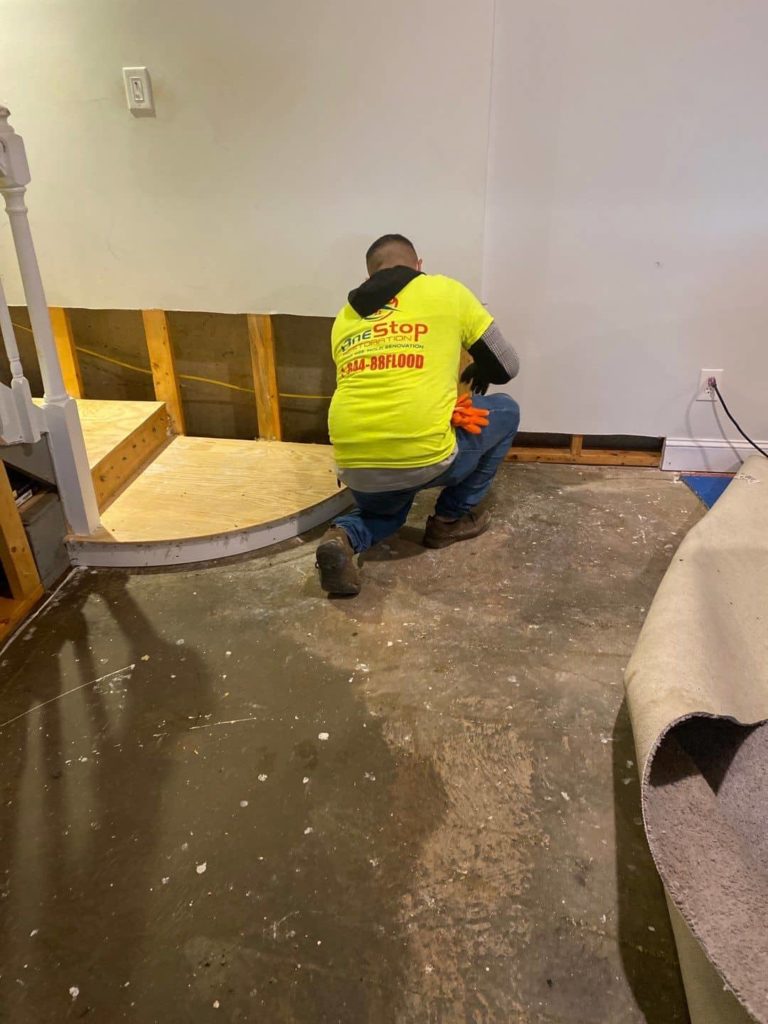
Ensure that your indoor plumbing is in good shape
So far, all of the tips we’ve shared about preventing water damage in your basement have dealt with exterior sources of water. But, the fact is, proper waterproofing of your basement should take plumbing into consideration as well.
Many homeowners convert their basement into a laundry room or livable space with a bathroom. If this is the case for your home, take the following steps to prevent water damage:
- Allow for proper ventilation. One of the big risks of your basement is that it naturally doesn’t get good airflow. This can be a problem when introducing heat and humidity through showering or a laundry unit. You may need to install a ventilation system to address this problem and prevent moisture build-up.
- Ensure appropriate drainage of washing machines, sinks, and showers. Unless you’re familiar with plumbing installation, it’s best to have a professional make sure that everything drains the right way in your basement. That’s because, unlike the rest of your house, drainage from basement water sources must fight against gravity to drain properly. If you’re not familiar with how to do that, you could have problems with flooding.
- Consider using a dehumidifier. A dehumidifier in your basement can lower your risk of mold and damage from moisture buildup. And here in Atlanta, it’s just about required given our average humidity levels. There are many dehumidifiers made specifically for basements, and with a bit of research, you can find a model that is best for the size of your basement.
- Don’t let leaks go unaddressed. Because of the ventilation problems we’ve mentioned already, it’s especially important to fix plumbing problems in the basement as soon as you see them. The good news is that leaks in your basement will be localized to that area. But, they can become costly quickly if not properly addressed.
One Stop Restoration can help you find solutions for your home and business in Atlanta, GA to prevent water damages and leaks. Call us today for a free, on site estimate.
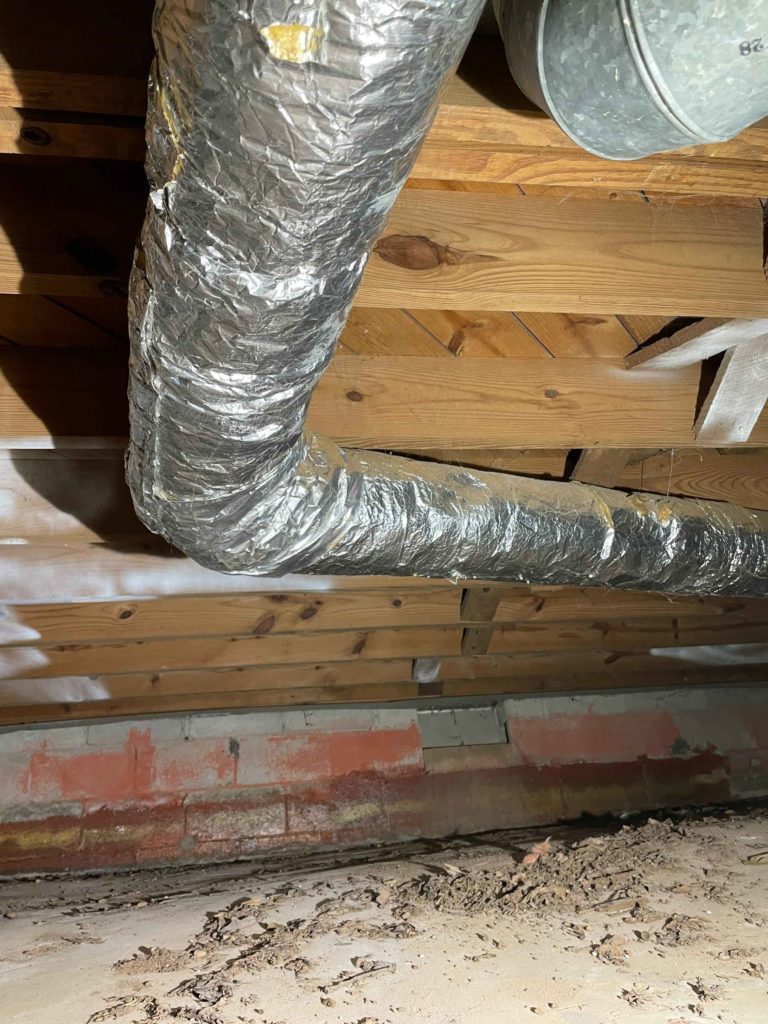
Call in a team to fix basement leaks
Unfortunately, no matter how many steps you take to waterproof your basement, you may still find yourself noticing cracks or leaks in your basement. This can happen because your drainage system is ineffective or damaged. If this is the case in your basement, don’t wait to call in a restoration team. As is always the case with water leaks, the longer the problem goes unaddressed, the more damage it will cause over time.
Here are the steps that a restoration team will take to repair damage in your basement walls:
- Excavate the surrounding soil. While it would be more convenient to be able to fix basement problems from the inside, the truth is, a restoration team must be able to access both sides of the basement wall. Damage typically starts from the outside, so your team will need to excavate the surrounding soil all the way down to your home’s footing.
- Repair cracks. Once the foundation and exterior basement walls have been exposed, the team can locate and repair cracks. They may also choose to apply a waterproof membrane at this stage.
- Ensure a proper drainage system. If your home doesn’t have a weeping tile system, this is a good time to install one. It will help to channel any groundwater that threatens to flood your basement to your sump pump.
- Replace the soil. Once your restoration professionals are sure that all cracks have been repaired and your drainage system is in good shape, they’ll go about replacing the soil. This is also a good opportunity to install a french drain system closer to the surface.
A good restoration job will protect your basement from future storms or the threat of seeping groundwater, no matter how old your home. So, if you think there is a problem with your basement’s drainage, give us a call. We can provide the highest level of protection against water damage for your basement!
Need to get some more information about how to prevent water damage in your basement? Have you experienced a leak or water damage to your basement?
One Stop Restoration in Atlanta, GA offer 24/7 assistance with all types of water damages for home of business. Call us now!
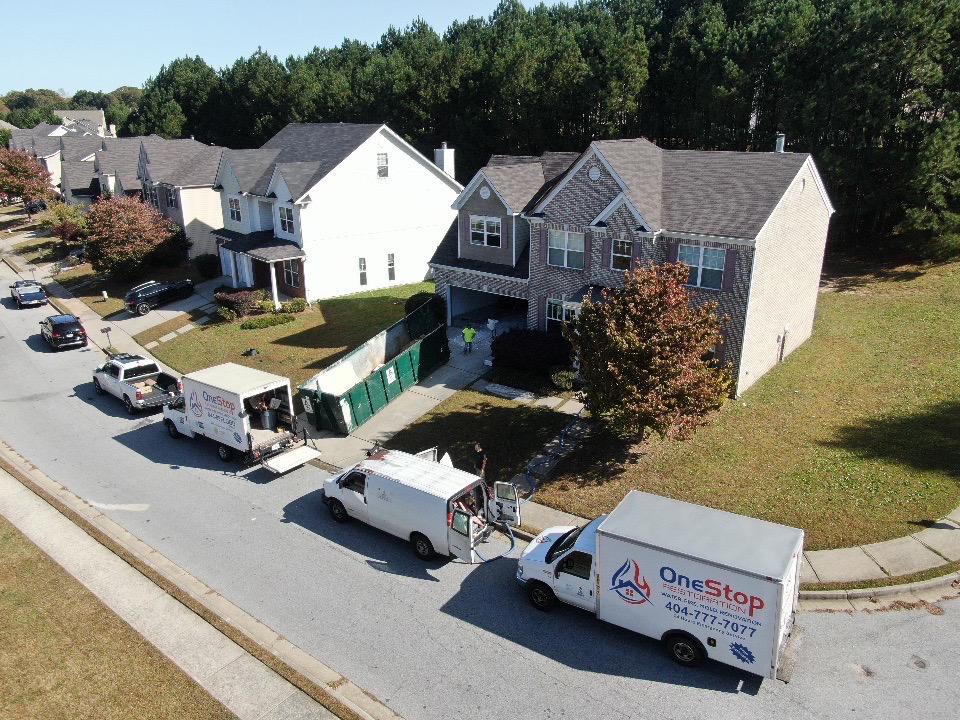
TESTIMONIALS
What our customers say
Kit Harington
Atlanta, Georgia - HomeownerWhy One Stop Restoration?
We are the right fire and smoke restoration firm for your emergencies because of the following:
- 24/7 Availability
- Experience
- Modern Equipment
- Quality Insurance Cover
OUR BLOG
Latest news from us
Mold Remediation
Blog post Mold Remedation As a homeowner, the mere mention of mold might give you a cold sweat. It’s...

